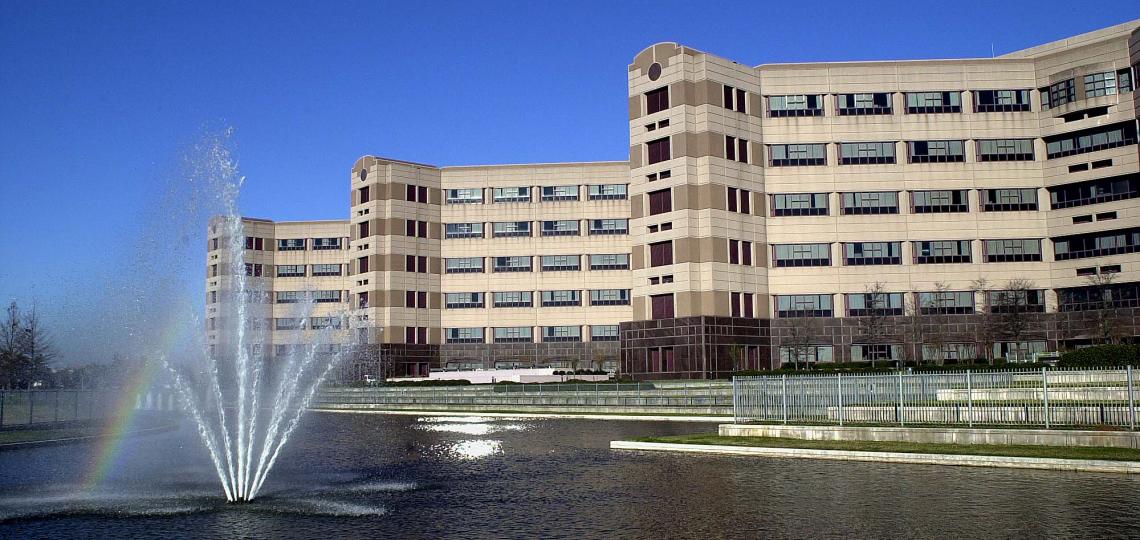
Advanced Fellowship in Mental Illness Research and Treatment –South Central Mental Illness Research, Education, & Clinical Center
This two-year fellowship program is designed to train future veteran affairs leaders for research careers in a rapidly evolving health care arena by providing a firm foundation in mental health research, education, and clinical care. The fellowship offers four specialty tracks.
Admissions and Benefits
Mentors
The fellowship training program is designed to create an environment that fosters professional growth and development in young investigators, allowing them to mature into independent researchers capable of and interested in pursuing independent research that contributes to the overall veterans affair's mission of health care. Each fellow will have a committee of mentors, consisting of two investigators and a clinical supervisor. Consultants from off-site faculty may be included. Dr. Kunik will be on each fellow's committee to provide administrative oversight and to monitor the fellow's progress toward completing each specific task required by the fellowship.
The second committee member will be the primary mentor, who will have experience conducting research in the topic areas that the fellow chooses to pursue. This mentor will have primary responsibility for guiding the fellow to meet the research and education goals.
The third committee member will be a clinician who supervises the fellow in clinical activities in one of the major mental health clinics at Michael E. DeBakey Veterans Affairs Medical Center. The clinical mentor will provide clinical experiences and feedback regarding the fellow's development in assessment and treatment of specific mental disorders. Fellows will meet with their primary mentor on a biweekly basis and with their mentoring committee quarterly. The program director will meet with the fellow semiannually to review the fellow's progress.
At the beginning of the fellowship year, the mentoring committee will meet with each fellow to individualize the training experience, with the goal of compensating for any academic or clinical deficits, and to enhance the fellow's existing expertise, academic preparation, and research interests.
Expectations:
All fellows are expected to:
- Complete course work specific to their specialty track
- Participate in ongoing research projects and grant writing in their area of interest
- Participate in one of the MIRECC groups (Access, Returning Combat Veterans, Geropsychiatry)
- Develop a research project in their area of interest that should result in a publication in a peer-reviewed journal and/or grant application
- Make a presentation at a national meeting
- Participate in clinical activities as assigned
- Attend the annual MIRECC retreat
- Attend the annual fellowship national meeting
- Participate in teaching opportunities (e.g., Faculty Education Initiatives Skill Building Program; Psychiatry Journal Clubs)
- Attend biweekly MIRECC Fellowship video teleconferences








